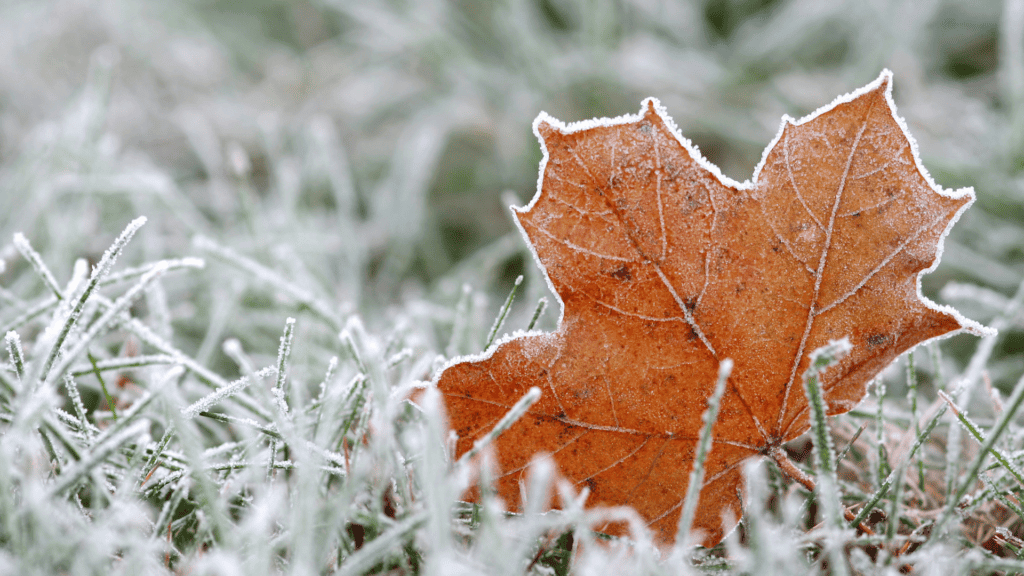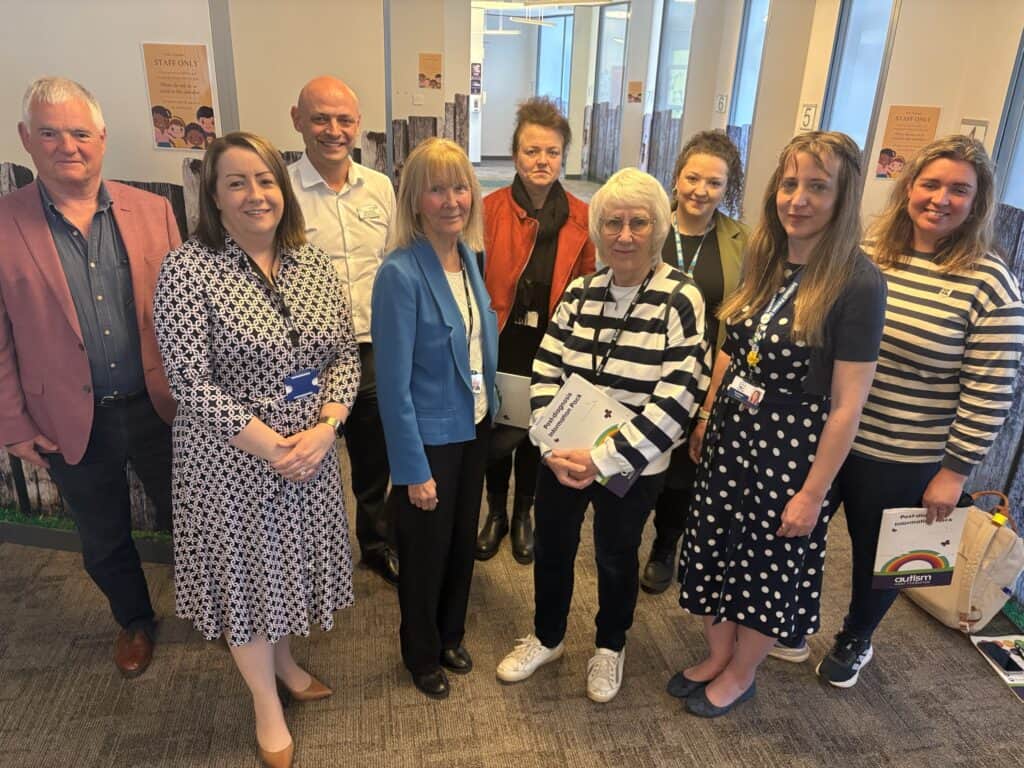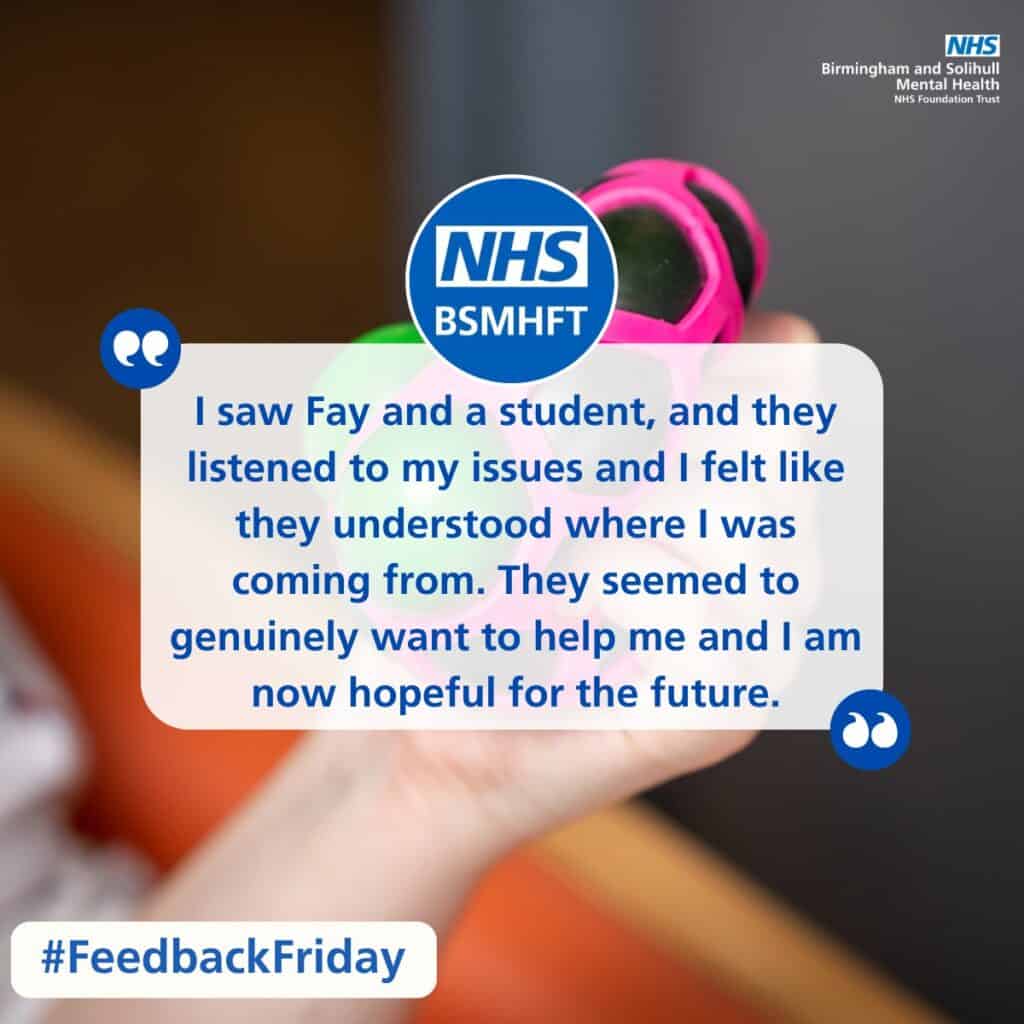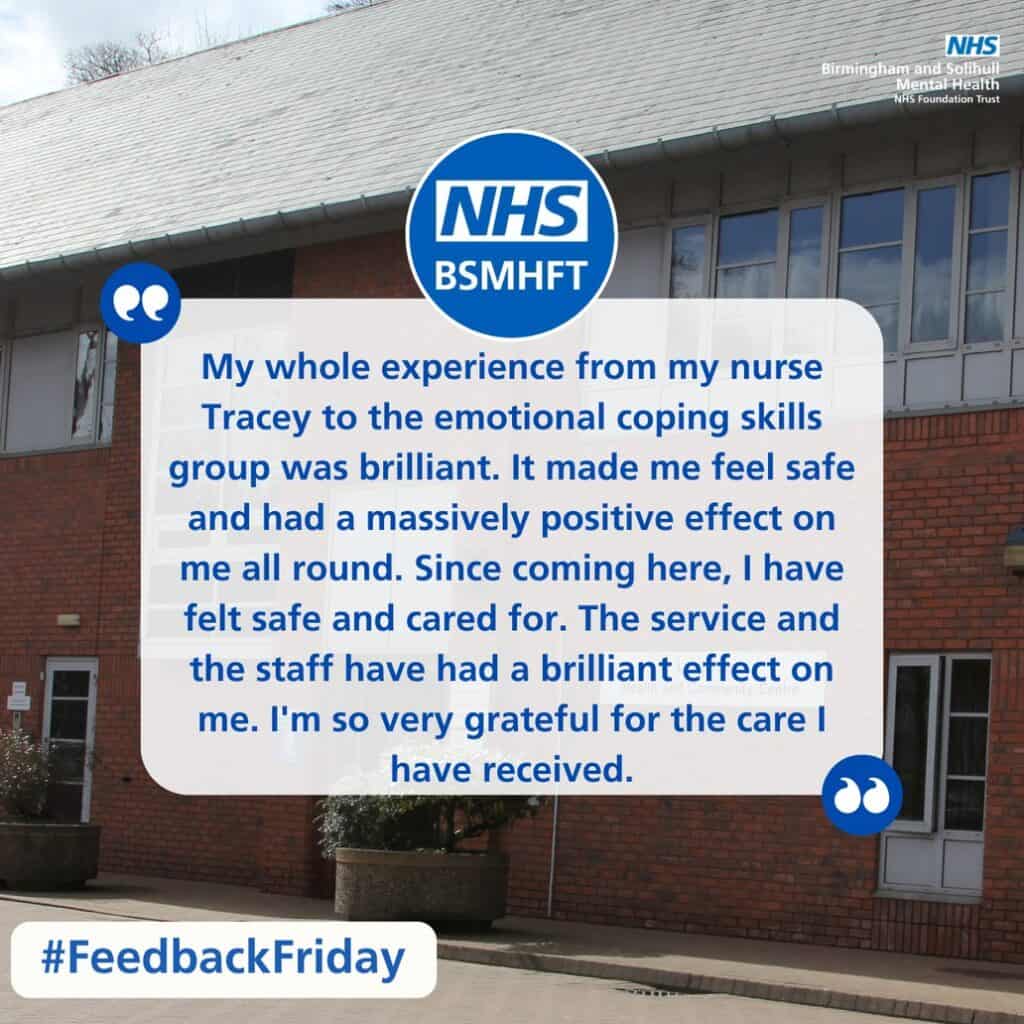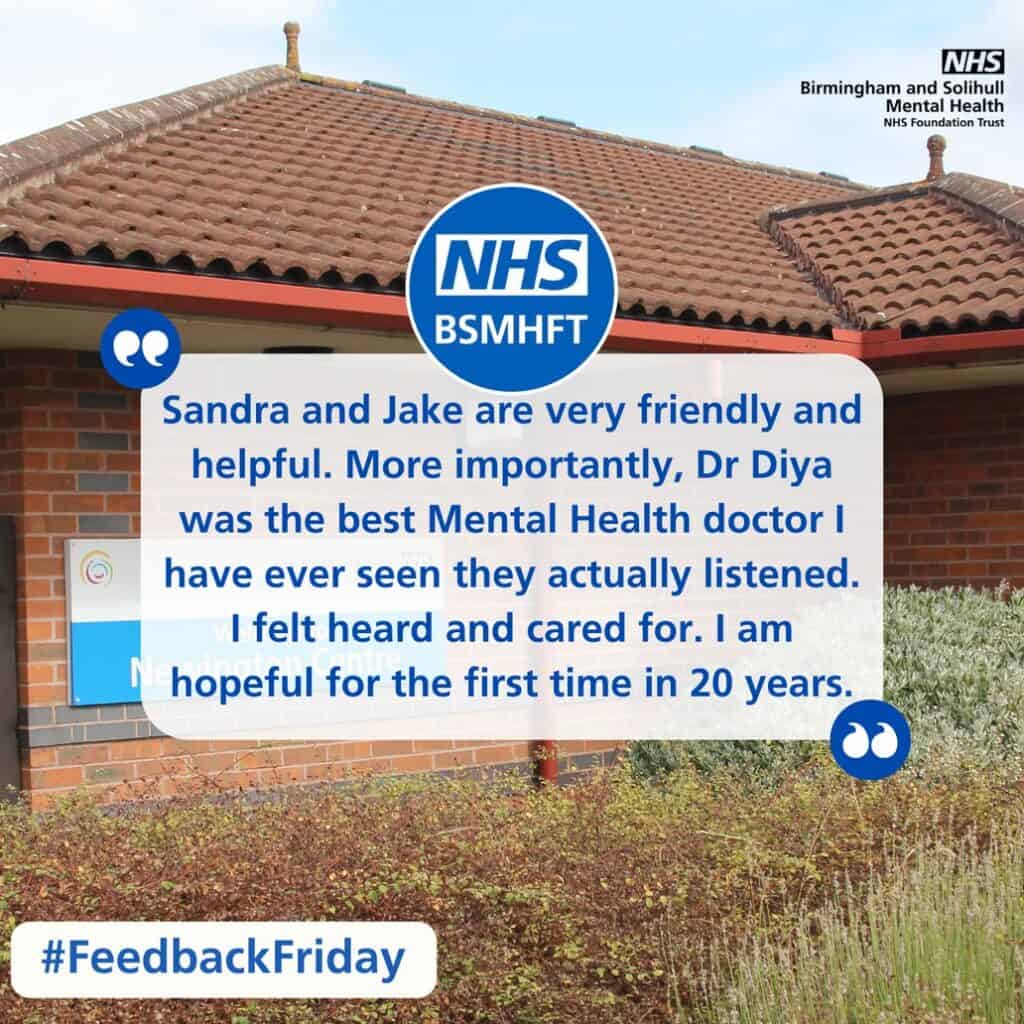Whilst exposure to cold weather can affect anyone, some people are particularly at risk.
This can include, older people (aged 65 years and over), people with long-term health conditions such as respiratory disease or a mental health condition.
There are many reasons for the increased risk of ill-health in cold weather. The NHS has shared out some helpful guidance to keep yourself and those you love warm and well this winter.
Keep your home warm
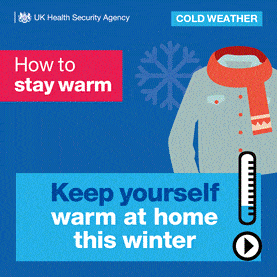
You should heat your home to a temperature that is comfortable for you. Low indoor temperatures can have a serious impact on your health, especially if you have medical conditions or are older.
Simple changes can help to keep you and your home warm. These include:
- try to heat rooms you spend a lot of time in, such as the living room or bedroom, to at least 18°C if possible
- try to reduce draughts; you can fit draft excluders around doors cheaply
- keep your bedroom windows closed at night
- wear several layers of thinner clothing; this could keep you warmer than one thicker layer
Look after yourself and others

Other people around you, particularly older neighbours, family friends and neighbours, may need extra support during cold weather. To support others you can:
- keep in touch with them and ask whether they are feeling unwell, or whether they need any practical help
- if bad weather is forecast, see if they need any help stocking up on food and medication
- if you are worried about someone else’s health, contact your local pharmacist, your GP or NHS 111, who will all be able to offer advice and support
- if you think they may have hypothermia, contact NHS 111 for further assessment, and in an emergency dial 999; typical signs that someone may be suffering from hypothermia include shivering, slow breathing, tiredness or confusion, and pale, cold skin
Prepare your home
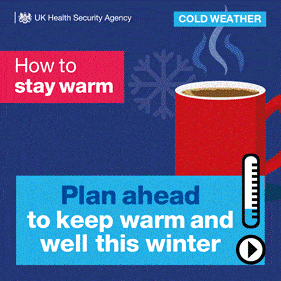
It is important to make sure that household appliances are safe and working properly as demands on them during the winter are usually greater. To do this you can:
- have your heating and cooking appliances checked by a Gas Safe® registered engineer to make sure they are working safely
- have a carbon monoxide alarm (EN 50291 compliant) fitted
- have things like boiler flues and chimneys checked for blockages and cleared if necessary
- contact your water and power suppliers to see if you can be on the Priority Services Register, a free support service that helps people in vulnerable situations
Seek financial support
People in financial difficulty may find it more difficult to heat their homes sufficiently. This increases the risk of becoming unwell due to cold exposure. There are grants, benefits and sources of advice available to help you make your home more energy efficient, improve your heating or help manage energy bills. There are also support measures in place to help with the cost of living, especially for those on low incomes. For example, if you claim certain benefits or tax credits, you may be eligible for an extra payment from the government to help with the cost of living. The government has published energy saving tips to help save money on bills.
Published: 30 November 2023


